
We connect the mobility of the future
We work with municipalities, public transport and companies to integrate diverse mobility offers of a region into a smart overall solution – together, we drive the mobility transition forward
Creditmanagement for banks
Banks and savings banks rely on our software for the effective management of real estate development projects and for real estate portfolio holders.
Moving forward with you
highQ is a FirstMover in mobility platforms.
While many places are still refining ideas and solutions exist on slide decks, our partners in municipalities and companies are already years ahead. highQ is a leading provider of mobility platforms in the German-speaking market.

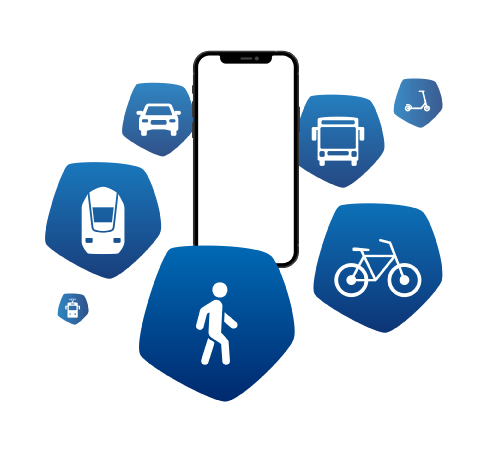
The solutions are there, but the connection is missing
The offer of innovative mobility services is growing daily: carsharing, e-scooters, rental bikes, etc. make sustainable mobility more attractive.
The problem? The many offers are hardly manageable and therefore cannot play to their strength, which lies in the intelligent combination of possibilities.
highQ: the connection experts
We are convinced that the breakthrough to more sustainable mobility will succeed when sustainable mobility offers are optimally linked and thereby made as attractive as possible.
We connect diverse mobility offers into smart overall solutions. Together with our public transport partners, we help sustainable mobility to break through.
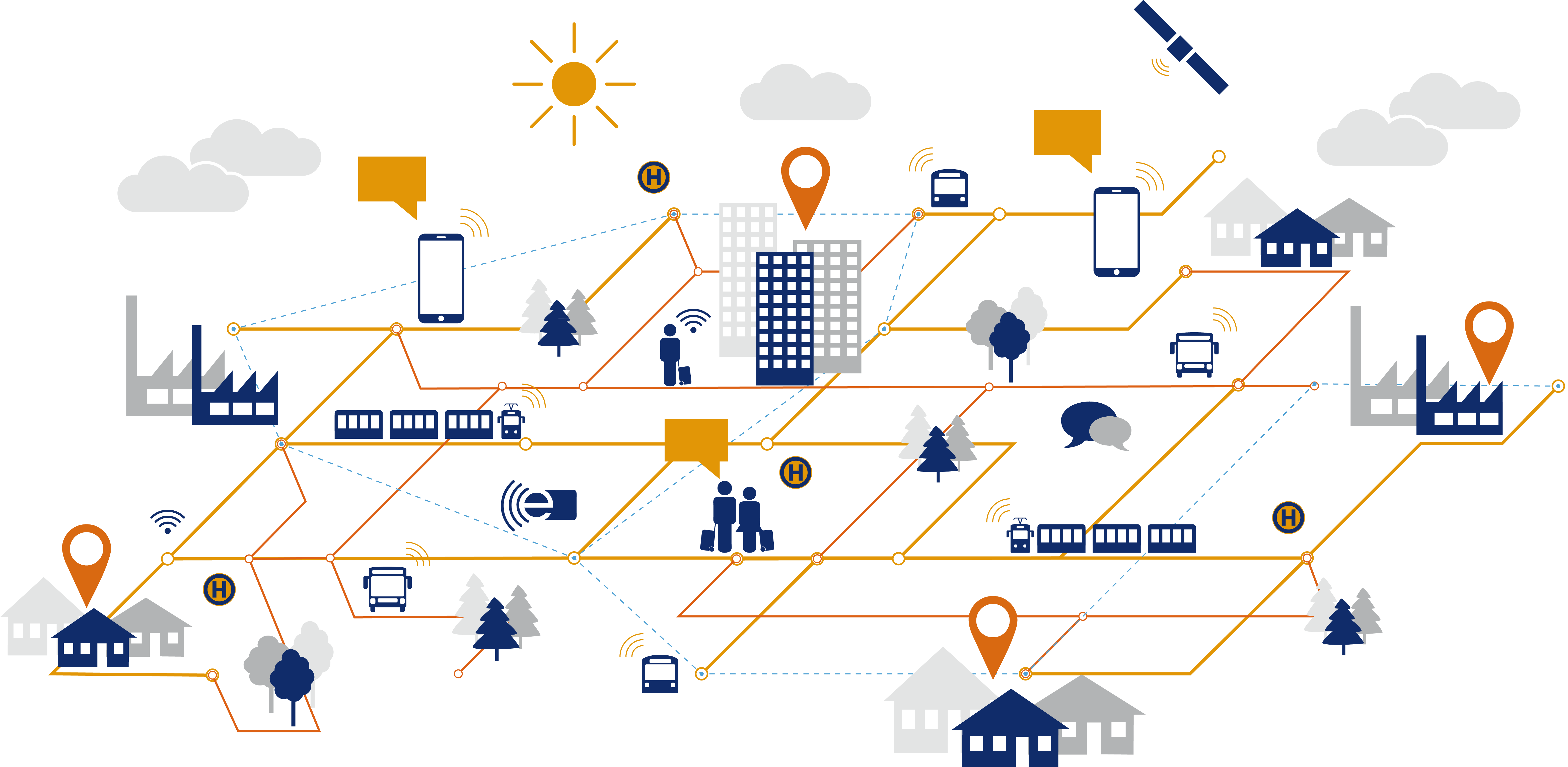
Our Solutions

Solutions for transport companies and transport associations
Numerous transport companies and transport associations rely on our solutions for managing employees, routes and tickets. From driving and duty scheduling to ticket sales and planning on-demand transport: our solutions ensure perfect processes.
Urban streets and squares will no longer be dominated by traffic but will belong to the people again. Rural areas remain attractive for young and old. Thanks to intelligent, multimodal mobility, everyone can reach their destination in a socially responsible and environmentally friendly way.
Solutions for connected mobility
Our mobility platform combines a variety of mobility offers into an attractive whole. With the intuitive mytraQ customer app, passengers have the ability to easily select the perfect combination of transportation modes. This allows them to reach their destination quickly, comfortably and sustainably.

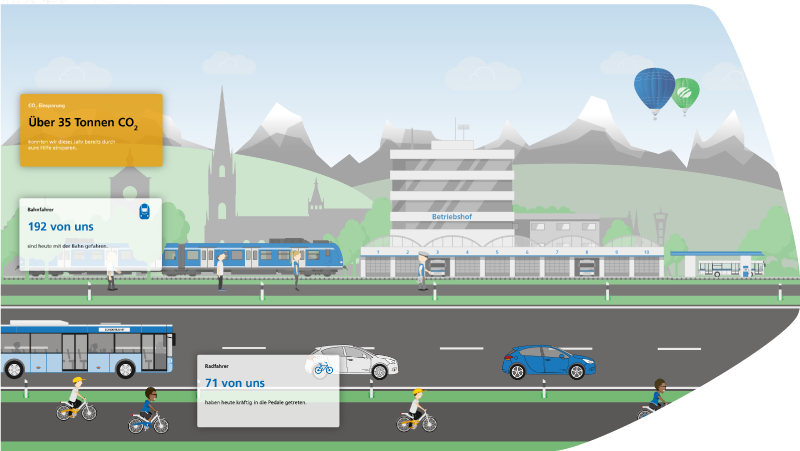
ZEITMEILEN AG:
Incentives for sustainable mobility
How can we motivate road users to adopt environmentally friendly mobility behavior? How can we control traffic flow more effectively, reduce congestion and strengthen sustainable transport?
Discover our ZEITMEILEN solution!
Solutions for cities and municipalities
More and more municipalities are facing the challenge of increasing traffic flows. The good news: as more and more means of transportation are digitised, they can be centrally planned, controlled and optimised.
Solutions from highQ optimise traffic flows, reduce hazards around schools, for example, and strengthen sustainable mobility solutions.


Osnabrück is multimodally connected
“Through our ... digital mobility platform, our customers receive all mobility offers ... conveniently from a single source. Thanks to the modular system structure, we can always add further offers ...”
Maik Blome, Head of Marketing and Sales for the mobility offer of Stadtwerke Osnabrück.
Convincing solutions from highQ
Visit us!
We are where you are: also in 2024, we will be present at InnoTrans, organising our user meetings and giving presentations in person and at online events.

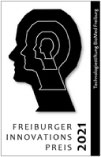
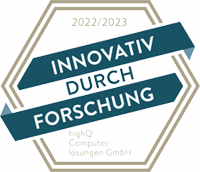
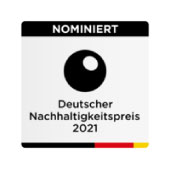
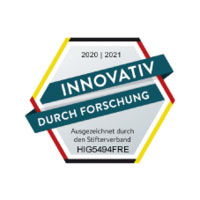

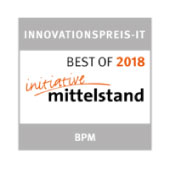
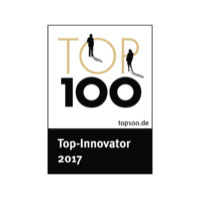
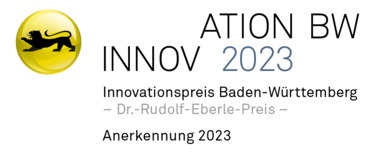
![[Translate to English:] [Translate to English:]](/fileadmin/_processed_/b/b/csm_2114_GAIA-X_2021-04-26_930737ca93.jpg)